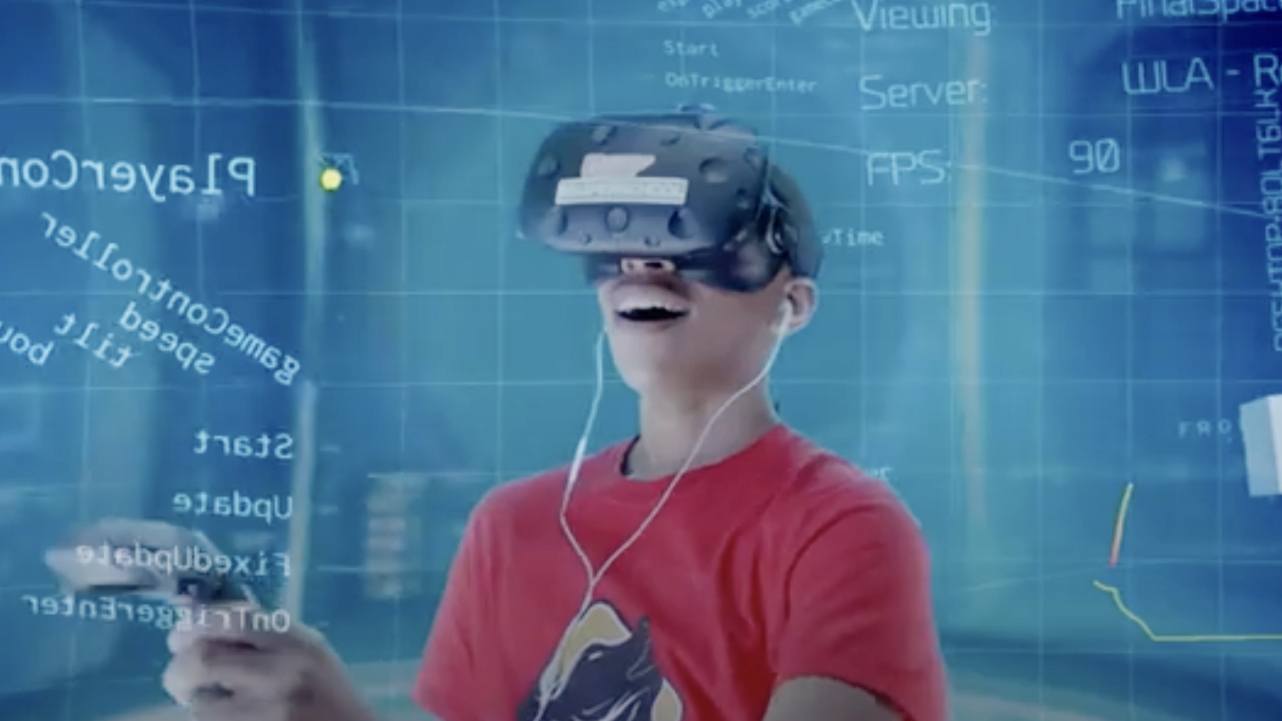This Student is Learning Computer Science in High School | XQ Students
At Washington Leadership Academy, a high school in Washington D.C., Jerome learned more than just computer science. He learned how to build his own VR company. Here’s how.

At Washington Leadership Academy, a high school in Washington D.C., Jerome learned more than just computer science. He learned how to build his own VR company. Here’s how.
Learn more about Washington Leadership Academy.
Subscribe to our YouTube









